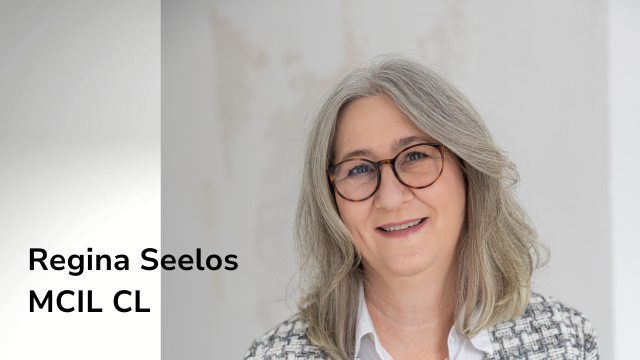-
QUALIFICATIONS
- For Linguists Worldwide
- For UK Public Services
- Preparation
- Policies & Regulation
-
MEMBERSHIP
- Join CIOL
- Membership grades
- NEW for Language Lovers
- Chartered Linguist
- Already a member?
- Professional conduct
- Business & Corporate Partners
-
ASSESSMENTS
- For Second Language Speakers
- English as a Second Language
-
EVENTS & TRAINING
- CPD, Webinars & Training
- CIOL Conference Season 2025
- Events & Networks
- CIOL Mentoring
-
NEWS & VOICES
- News & Voices
- CIOL eNews
- CIOL Awards
- The Linguist
- Jobs & Ads
-
RESOURCES
- For Translators & Interpreters
- For Universities & Students
- Standards & Norms
- CIOL & AI
- All Party Parliamentary Group
- In the UK
- UK Public Services
- Find-a-Linguist
Cultural switching – my Parisian personality

I recently took my family on holiday to Paris, to show them some of my old haunts (I lived in the Convention-Vaugirard area for a brief period fifteen years ago). Being countryside dwellers, the change of pace in the city was a bit of a shock for them – but more of a surprise was my ‘personality change’, which started to set in the minute we passed border control.
When in France, I’m in French mode. I start thinking and acting differently. Once I’ve made the switch, conversations in French and interactions flow much easier. I remember words and expressions that were stuffed to the back of my mind a decade ago, and English gets put to the back of the queue.
In English mode, I am indirect. I use humour as a defence mechanism. I’m easy-going, and sometimes indecisive. I live life to a schedule, even on weekends and holidays. When in France, I’m different. It’s everything from the way I hold myself, to the habits I’ve formed, the way I make decisions, and the way I communicate.
It first became noticeable once we’d checked into our hotel. We went to the restaurant for something to eat, and my husband asked me what I’d said to the bartender. “Well, he told me I couldn’t have tonic with Lillet and I said yes I can”. It wasn’t an unreasonable request, but English Gill (who apologises when people bump into her) rarely complains, and never argues with people.
The next stop in my personality shift was with public transport. I tell my family we need to hop on the Metro to get to our next destination. My husband asks me where we’re going exactly. I shrug and tell him we should just walk down and I’ll work out what line we need when I see a sign. It’s simple. He’s a bit discombobulated at my unflappable manner. I’m rubbish at public transport at home. Seeing me use public transport adeptly and calmly is completely new to them.
The sanctity of mealtimes hits different in France. I normally view food as fuel, and eating out as a waste of precious free time. In France I have a much greater respect for the process, and allow myself to relax, be taken care of, and share the moment with my family. My eating habits also change. Less snacking, more of a focus on balance and quality ingredients.
In France I am more confident and I feel free to be more assertive, and given that French is my second language, I’m naturally more direct because I don’t have as much vocabulary at my disposal. This phenomenon is called ‘cultural frame switching’ – a strategy bicultural people use to adapt to different cultural norms and values – and I’m sure many linguists will resonate with my experience.
Once we were back in Blighty, normal service resumed after a brief transition period of additional gesticulations and lip noises. But since then, I’ve realised I could do with being a bit more assertive every so often, and we’ve all agreed we can take a leaf out of the French book and make dinner time more quality family time in future.

Gillian Morris is a French > English marketing translator, localisation expert, and copywriter based in the UK. You can find her on LinkedIn here.
Views expressed on CIOL Voices are those of the writer and may not represent those of the wider membership or CIOL.
More
The Chartered Institute of Linguists (CIOL), Incorporated by Royal Charter, Registered in England and Wales Number RC 000808 and the IoL Educational Trust (IoLET), trading as CIOL Qualifications, Company limited by Guarantee, Registered in England and Wales Number 04297497 and Registered Charity Number 1090263. CIOL is a not-for-profit organisation.








